US may intervene in Apple's €13 billion EU tax appeal
Report - Trump administration wants to involve itself with Apple's Irish tax case
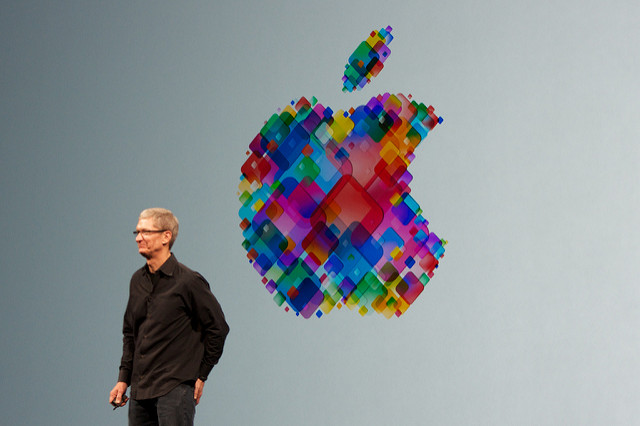
The US government is seeking to intervene in Apple's appeal against paying back 13 billion euros in Irish taxes.
An anonymous source toldReuters: "I can confirm the United States filed an application with the European Union General Court to intervene in the case involving the retroactive application of state aid rules to Apple."
A different source said that the General Court, Europe's second highest court, is expected to hear the case in late 2018.
The European Commission demanded that Apple hand over 13 billion in unpaid taxes to the Republic of Ireland last August, saying that Apple's corporate tax on its European profits was 1% in 2003 and that it fell to 0.005% in 2014. The Commission claimed that Ireland was allowing Apple to avoid taxes so long as it kept jobs in the country, which both the company and the country denied.
Apple's general counsel, Bruce Sewell, said at the time that Apple was being targeted because "it generates lots of headlines" and that the competition commissioner Margrethe Vestager wanted attention. Vestager has previously targeted other tech giants such as Google with anti-competition charges, and stung Google with a 2.42 billion finelast month for promoting its shopping results over those of rivals.
Sewell also accused the Commission of exploiting a loophole produced by differences between the European and US tax rules, as the former set of rules is localised whereas the latter set relies on a global deferred system.
Apple officially launched an appeal against the antitrust ruling in February when it filed 14 'pleas' with the European Court of Justice defending itself from the allegations. It said that its Ireland operations only cover "routine functions" and that its profit-making activities were controlled by the US. Its appeal demands that the Commission's decision is dropped in part or in full, and wants it to cover legal costs.
Sign up today and you will receive a free copy of our Future Focus 2025 report - the leading guidance on AI, cybersecurity and other IT challenges as per 700+ senior executives
Sewell said back in December that Apple hopes President Donald Trump tackles this to avoid companies holding cash abroad, despite an Oxfam report that revealed Apple held $181 billion offshore.This year the Trump administration has proposed a tax break on $2.6 trillion in corporate profits which are held offshore as part of its tax reform, although it has not said anything public about the case.
21/02/2017:Apple says "fundamental errors" made in Irish tax case
Apple has accused the European Commission of making "fundamental errors" in an antitrust ruling that alleges the tech giant owes Ireland $13 billion in unpaid taxes.
Claiming that its Ireland operations only cover "routine functions" and that its profit-making activities were controlled by the US, the company filed an appeal with the European Court of Justice yesterday, demanding that the Commission's decision is dropped in part or in full.
It also wants the Commission to cover its legal costs, claiming the body has overreached its authority.
The iPhone maker entered 14 'pleas' to defend itself from allegations arising from the EU's competition investigation last summer, which found that the Irish government had granted the company illegal tax benefits that amounted to state aid.
Apple's effective corporate tax rate on its European profits was 1% in 2003, falling to 0.005% in 2014, according to the EU, which published its findings in August 2016.
Central to the EU's argument was its claim that two Apple companies, Apple Sales International and Apple Operations Europe, were based in Ireland but were allowed to allocate most profits to internal "head offices" with no geographic location, meaning these profits were not taxed anywhere.
Back in August, the Commission said: "Apple set up their sales operations in Europe in such a way that customers were contractually buying products from Apple Sales International in Ireland rather than from the shops that physically sold the products to customers. In this way Apple recorded all sales, and the profits stemming from these sales, directly in Ireland."
This arrangement meant that despite Apple Sales International recording 16 billion profit in 2011, just 50 million of that was considered taxable in Ireland.
However, Apple has accused the Commission of making "fundamental errors" regarding the two firms, saying their "profit-driving activities" were controlled and managed in the US. In fact, their Irish branches simply carried out "routine functions", according to Apple's lawyers.
They "were not involved in the development and commercialisation of Apple IP which drove profits", Apple said.
Apple Operations Europe was responsible for manufacturing some Apple computer lines, while Apple Sales International sold Apple products in Europe, the Middle East, India and Africa.
Some of the other 12 pleas accused the Commission of failing to examine all evidence, including that of experts supporting Apple's viewpoint. The company also denied that it received preferential treatment from the Irish government, another key finding from the Commission.
Apple finished by accusing the Commission of overstepping its reach by "attempting to redesign Ireland's corporate tax system" with its interpretation of state aid law.
"The Commission will defend its decision in court," a Commission spokesperson said in a statement sent toIT Pro. Apple is yet to respond to a request for comment. A court hearing is not expected until the end of summer.
Picture credit: Mike Deerkoski
19/12/2016:Apple set to challenge 13bn EU tax charge
Apple will challenge a "maddening" tax repayment, saying the EU ruling from earlier this summer doesn't add up.
At the end of August, the European Commission demanded Apple cough up 13 billion euros, with Competition Commissioner Margrethe Vestager saying the taxes it paid Ireland suggested a rate of 0.005% - and that is the right number of zeros.
In the case, the Commission said Ireland was allowing Apple to avoid taxes so long as it kept jobs in the country. Both the company and the country deny the charge.
Apple's general counsel Bruce Sewell and CFO Luca Maestri told Reuters the company will appeal the ruling this week. CEO Tim Cook called the back-tax demand "maddening" at the time of the ruling, saying he was "very confident" it would be over-ruled.
Sewell told Reuters that Apple was not an "outlier" on tax structure, suggesting it was targeted because "it generates lots of headlines," and that Vestager wants attention. She has previously targeted other tech giants, including Google, with anti-competition charges.
Sewell also argued the Ireland itself defended Apple's tax structure with an "expert opinion from an incredibly well-respected Irish tax lawyer," but that the Commission ignored his statement.
He also accused the Commission of exploiting a loophole created by differences in European and US tax rules, as the former use a localised tax system while the US uses a global deferred system. Sewell said Apple hopes American President-elect Donald Trump tackles that to avoid companies holding cash abroad to avoid being taxed on it. Earlier this year, an Oxfam report revealed Apple itself held $181 billion offshore.
Richard Murphy, director of Tax Research UK, noted in a blog post that the system is set up to allow Ireland to turn a blind eye to concerns with the tax structure if it so chooses.
"The difficulty for [Irish Finance Minister, Michael Noonan], Ireland and Apple is that there is now an EU Competition Commissioner who, with eyes wide open, looks at the deal Apple did and says that Ireland knowingly and wittingly assisted that outcome by allowing the existence of companies not taxable anywhere for which only they could be responsible in the scheme as a whole," Murphy wrote, referencing Vestager. "The result is that the EU says it is inevitable that tax should be due in Ireland. Ireland's claim, they say, is not true because it let is eyes glaze over, knowing the consequences."
He added: "This is the conflict to be played out in the European courts: may a country turn a blind eye to tax abuse or not? For the sake of tax justice there is only decision the court can make."
Airbnb next?
Airbnb is the latest company to be criticised for its tax arrangements with Ireland, paying only 317,000 in taxes in the UK over the past year. The company appears to use a similar structure to other web-based firms such as Google and Facebook, which post little actual profit in the UK, instead using Ireland as a base of operations as it has a lower tax rate.
In the 11 months ot the end of last year, Airbnb's British divisions posted only 1.4 million in profit, despite one arm holding at one point 430 million in cash, according to a Guardian report. It posted 145 million in revenue that year.
Airbnb suggested the difference between its revenue and profit was down to "investing heavily in our future", as well as a 100 million foreign currency loss pinned on delays between getting a payment from a guest and handing it over to the person letting out their home.
The home-sharing site said it was based in Ireland not to cut its taxes, but to "capitalise on Ireland's global reputation for technology and utilise the vast tech-savvy and bilingual workforce that Ireland has built," according to the Guardian report.
Murphy said there was an easy way to answer such ongoing tech industry tax complaints. "If Airbnb published country-by-country reporting data we could see what contribution it really made to each economy in which it operates, how much profit it declared there and what any misalignment might be," he wrote. "Then really informed discussion might take place on the tax that was really due."
He added: "Instead we are left speculating. Airbnb may not like that but the alternative is in its own hands: it can provide the data to let us decide. And at a time when global corporations really do need to account locally for what they do if they are to retain their licence to operate which is a crucial issue for companies like Airbnb then this should be a matter of the highest priority for them."
Zach Marzouk is a former ITPro, CloudPro, and ChannelPro staff writer, covering topics like security, privacy, worker rights, and startups, primarily in the Asia Pacific and the US regions. Zach joined ITPro in 2017 where he was introduced to the world of B2B technology as a junior staff writer, before he returned to Argentina in 2018, working in communications and as a copywriter. In 2021, he made his way back to ITPro as a staff writer during the pandemic, before joining the world of freelance in 2022.
-
 Microsoft unveils Maia 200 accelerator, claiming better performance per dollar than Amazon and Google
Microsoft unveils Maia 200 accelerator, claiming better performance per dollar than Amazon and GoogleNews The launch of Microsoft’s second-generation silicon solidifies its mission to scale AI workloads and directly control more of its infrastructure
-
 Infosys expands Swiss footprint with new Zurich office
Infosys expands Swiss footprint with new Zurich officeNews The firm has relocated its Swiss headquarters to support partners delivering AI-led digital transformation
-
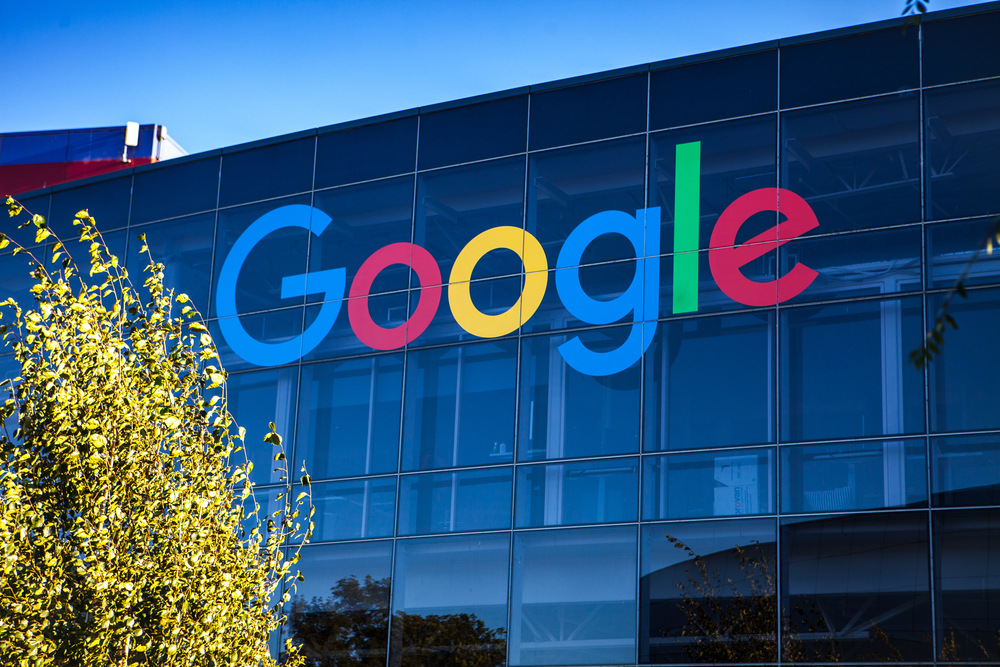 Google settles tax payment in Ireland
Google settles tax payment in IrelandNews Company makes settlement for back tax and interest payments
-
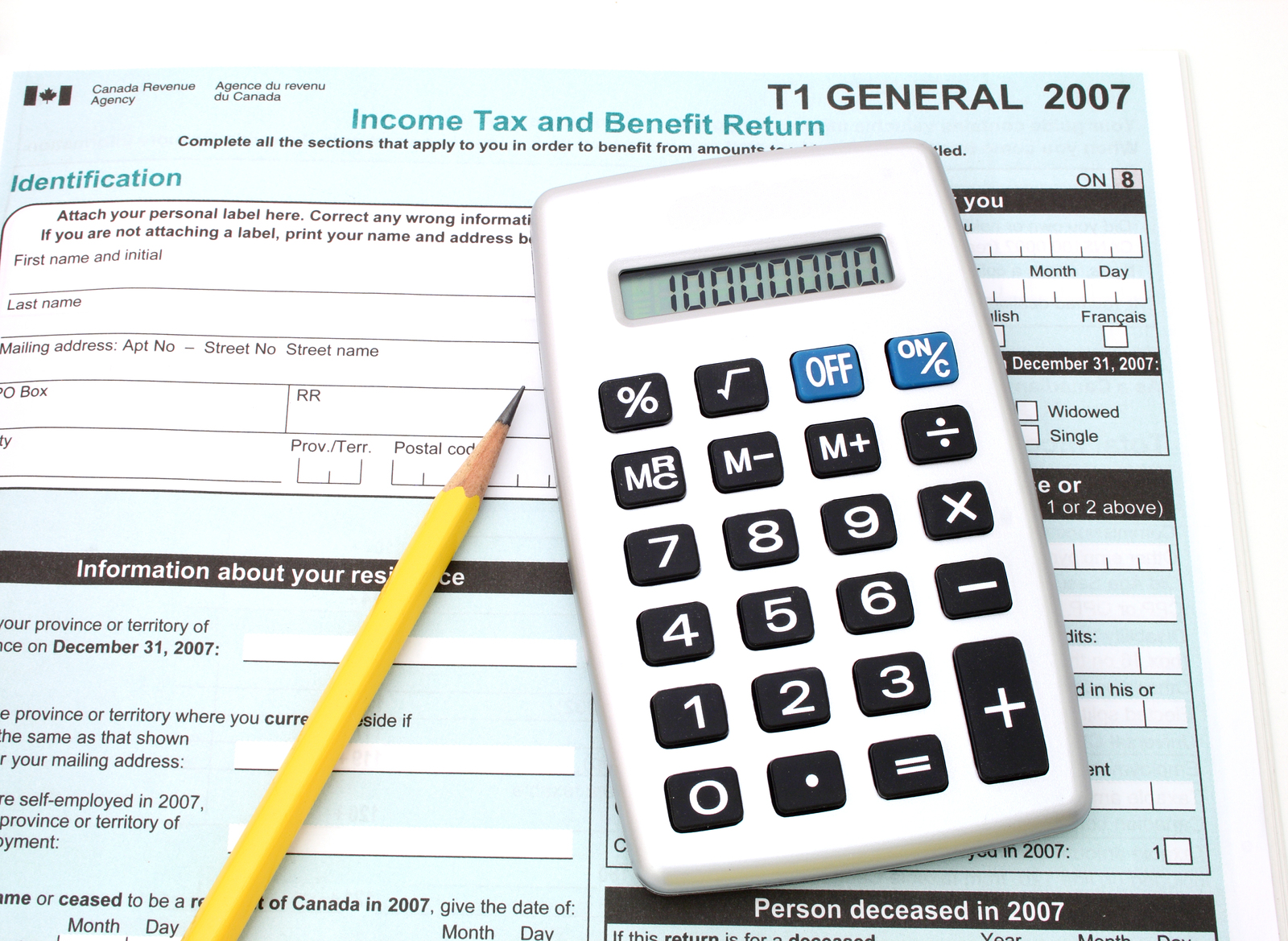 Google's tax bill was £36m last year
Google's tax bill was £36m last yearNews The company said it has paid what is due, even though there's a £5 billion discrepancy in sales vs. turnover
-
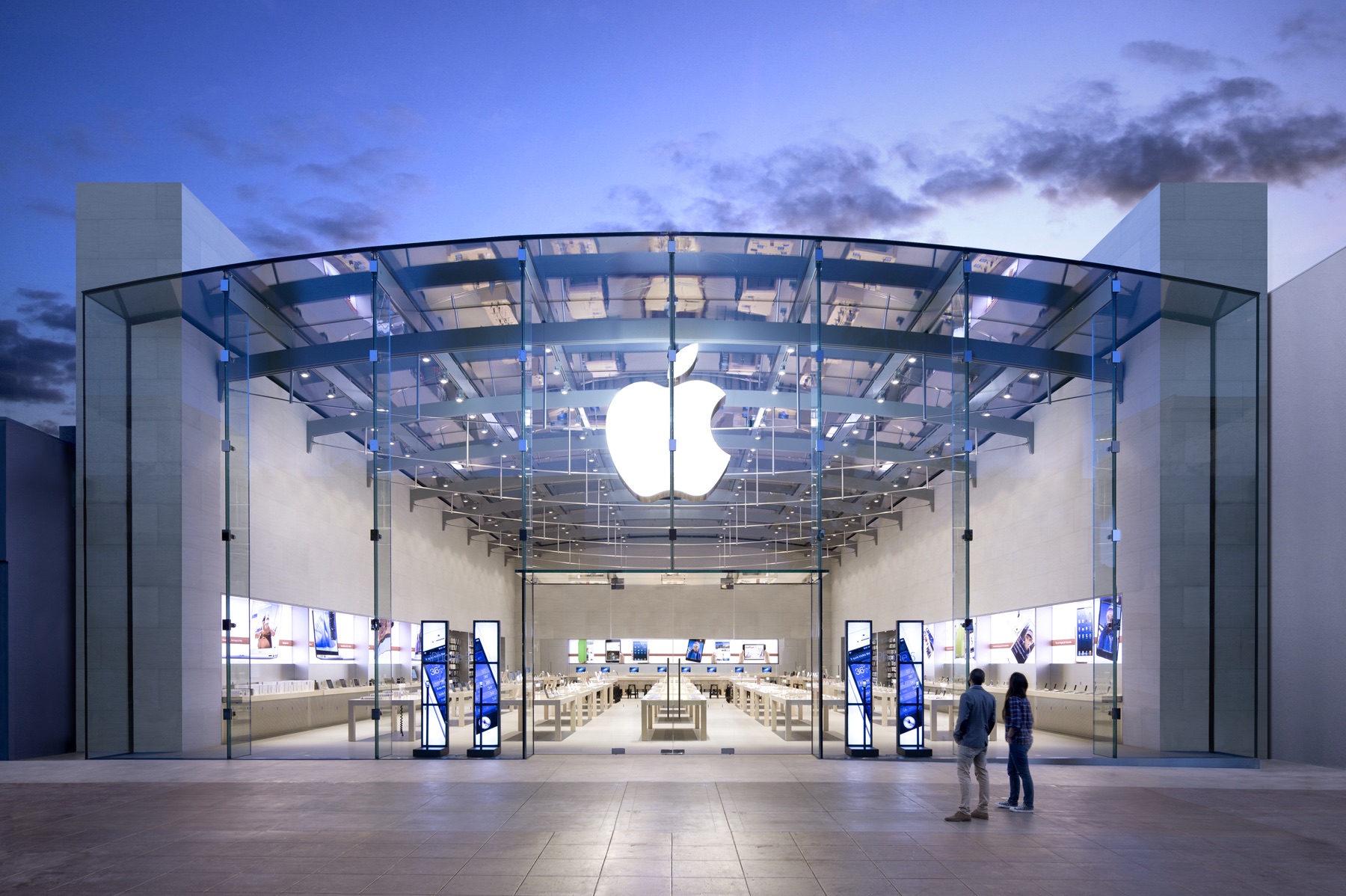 Apple tax case: Tim Cook calls state aid ruling “maddening”
Apple tax case: Tim Cook calls state aid ruling “maddening”News "We haven't done anything wrong," claims Apple CEO
-
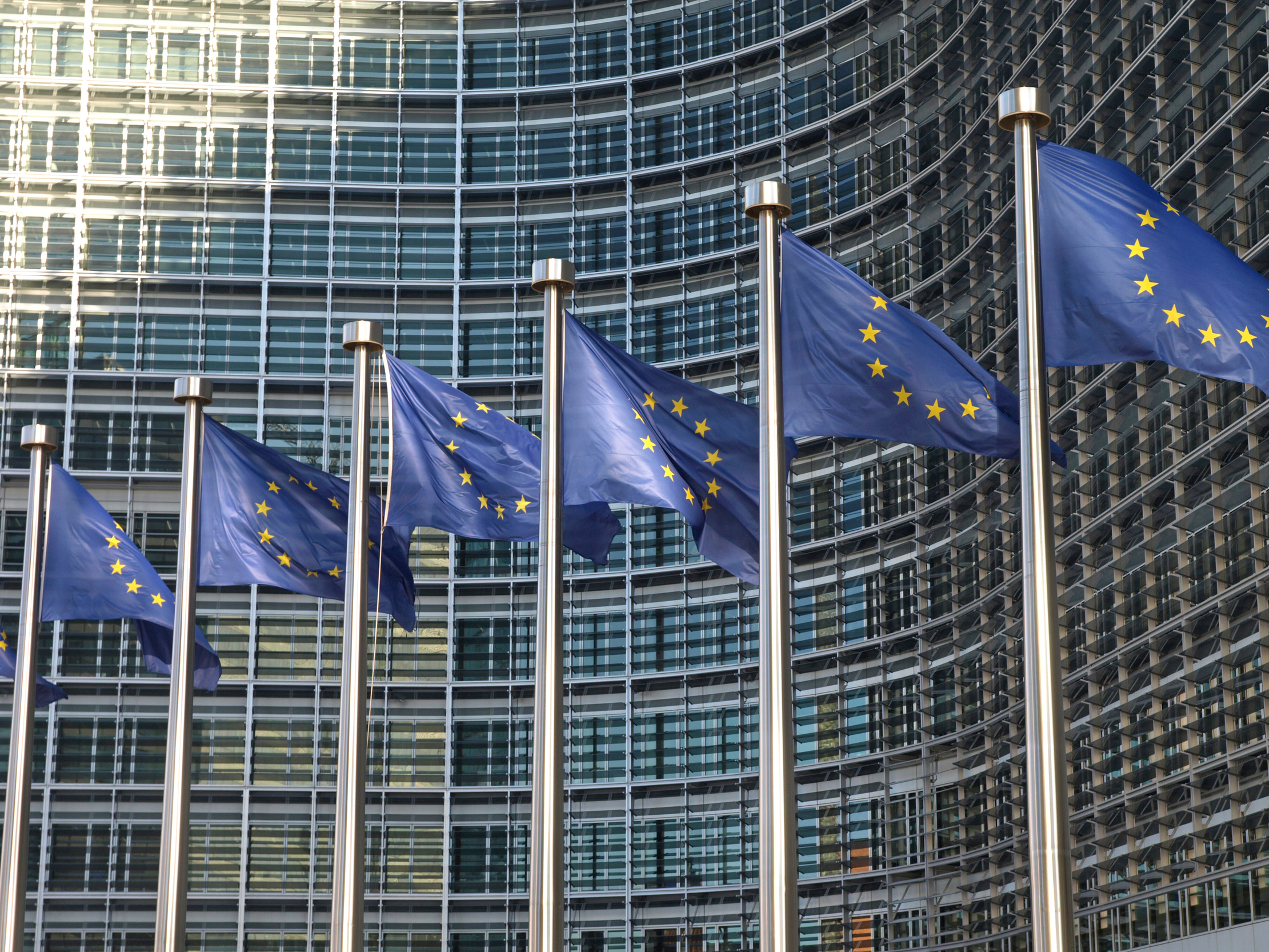 £130 million Google-UK tax deal could be squashed by EU
£130 million Google-UK tax deal could be squashed by EUNews SNP and Labor question terms of perceived low-rate deal
-
 Google agrees to pay £130m tax bill
Google agrees to pay £130m tax billNews Search giant says it will pay tax according to UK revenues from advertisers


